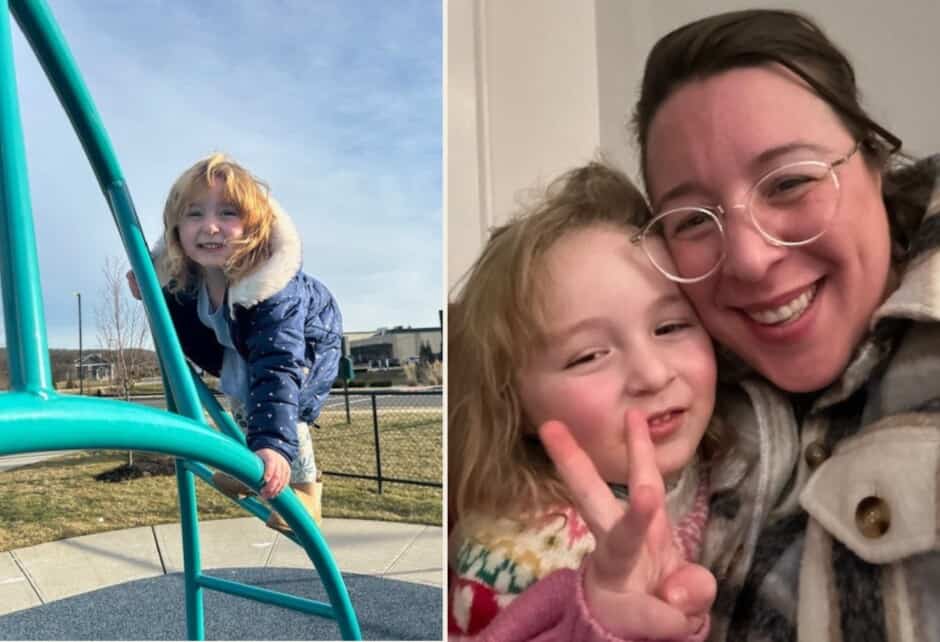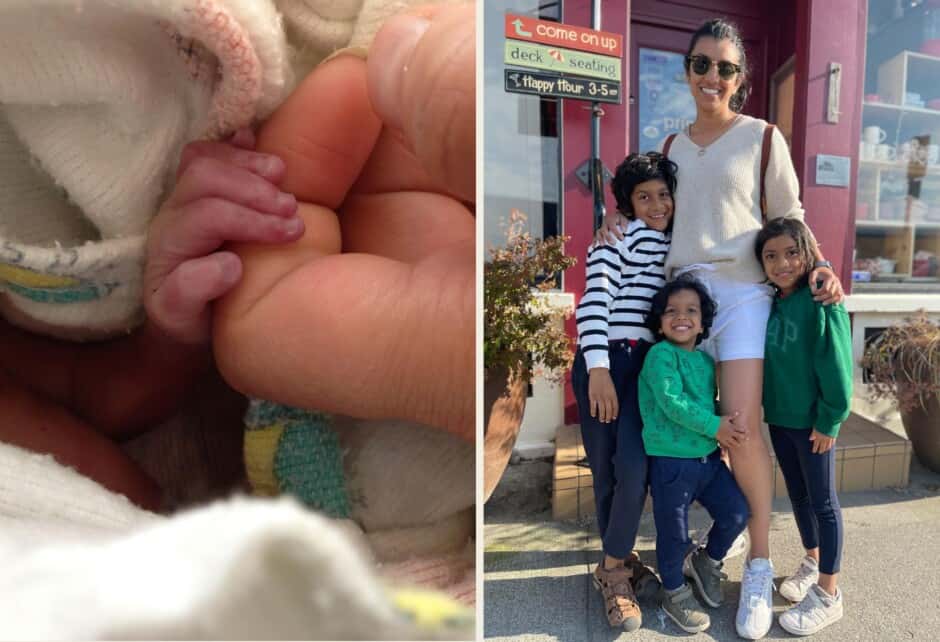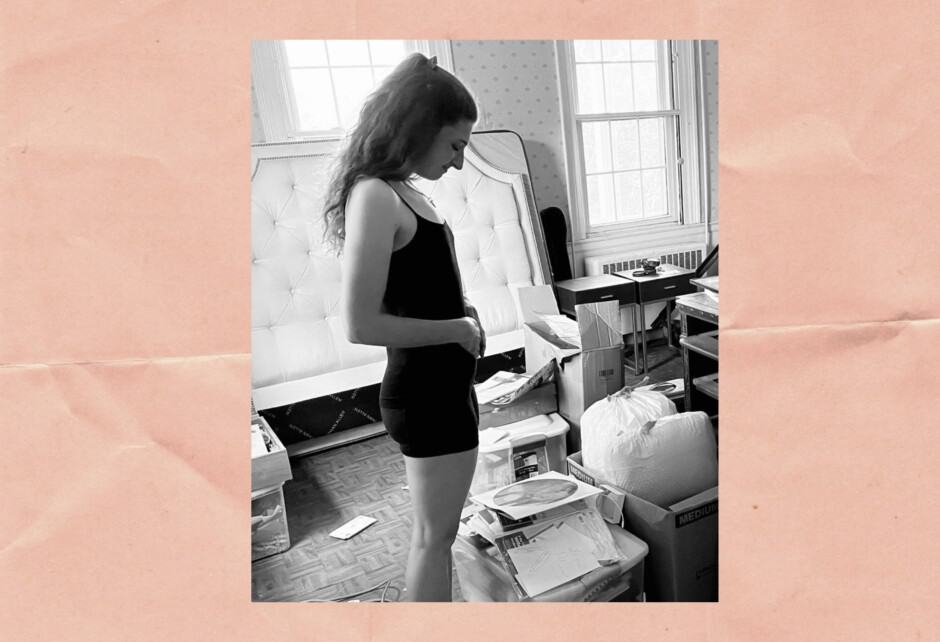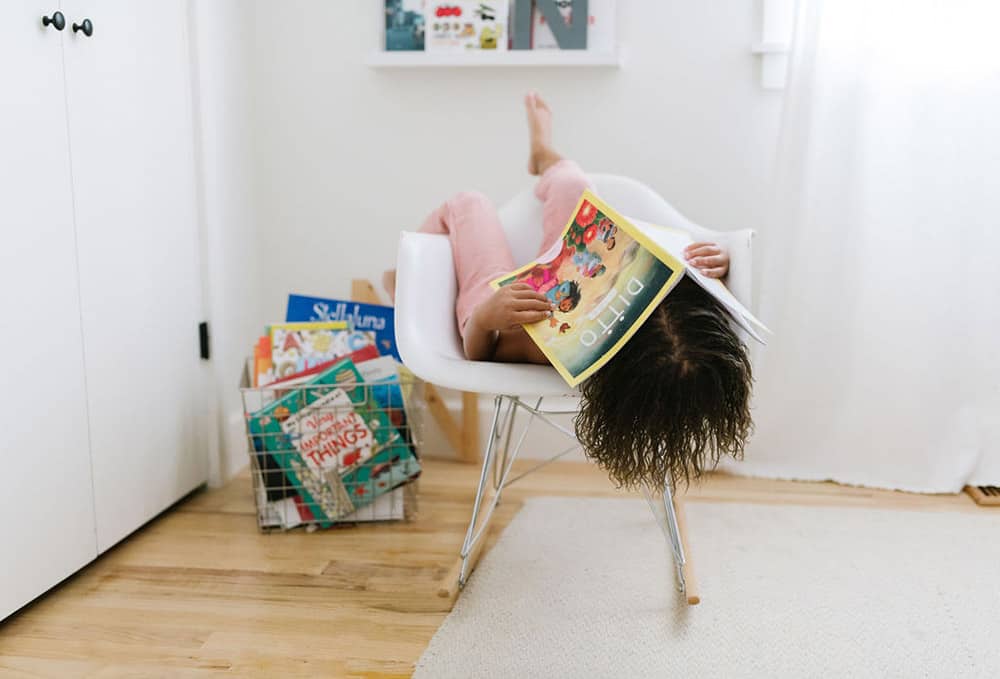
Mom Talk: Why I Started An Anti-Racist Magazine For Kids
Written by
Photography by Photos Courtesy of Alexandria Scott
If anti-racism wasn’t something you weren’t previously incorporating into your parenting, chances are, you are now. Alexandria Scott, a D.C.-based mother of three, wants to help keep this vital work top of mind for all families with the launch of the fantastic new Ditto Kids magazine, geared towards ages 3-11 and aimed at helping parents and educators guide children through the work and journey of anti-racism. While Ditto Kid‘s Kickstarter campaign quickly surpassed its original $40,000 goal, Alexandria is now looking to make it up to $80,000 in order to get Ditto Kids into 200 classrooms across the country (in primarily Latinx communities). If you’d like to support (and be one of the first households to receive Ditto in your mailbox!), check out her Kickstarter, follow Ditto on Instagram, and read her inspiring story about the roots of Ditto below.
“Mama, I don’t like her…”
When you hear your barely three-year-old child say something that is racist, a dirty bomb goes off in your mind—thoughts explode, synapses fire, trauma-tipped shrapnel cuts through the present and every corner of your brain is lit to attention.
This was two and a half years ago that I found myself in a situation unfamiliar to many parents. As a Black mother with a multiracial Black child, it was contrary to what I thought were extensive efforts to teach her about diversity, loving, and having pride in herself and doing the same for others.
Knowing my children have light skin privilege strengthened that commitment. We frequented museums, had a very diverse bookshelf, lived in a diverse community, spoke French as a family non-natively to give us more proximity to the African diaspora and help make cultures that were not their own have the thread of familiarity and understanding. I even co-founded a business where families would gather with a teacher to speak French immersively, play, and learn about Francophone cultures with Francophone teachers from West Africa.
Yet here I was. As a stay-at-home mother, my child was with me 99% of the time. But one playdate with an older child going through these hard things herself sparked racist thoughts and low self-worth in my small child for over a year and a half.
I was devastated. As a Black mother, I wondered if I had failed my child. I knew I needed to do more.
And with that, I started researching every spare minute I could get. There is plenty of research on the prevalence and negative effects of racism in early childhood education, but few who offer well thought-out and tangible solutions when directly working with children. Thankfully, I finally came across some texts and trainings written for classroom teachers working to teach anti-bias and anti-racism. But still, nothing really for parents.
I started implementing some of those concepts I had amended for home and personal use with my child and, thankfully, with time, they worked. During all this, the massive undertaking of teaching anti-racism and anti-bias in my home became apparent. The amount of effort that would need to be expended was laid out plain as day before me, and I knew as a busy parent that if I was going to be consistent, I needed to be organized and I began writing out a detailed curriculum for my own personal use.
And so, Ditto Kids magazine was created. Our first issue, now launched on Kickstarter, features anti-bias content that is carefully scaffolded and is accompanied by beautiful illustrations from a number of talented artists. Throughout the issue there are tone-appropriate activities to complete and opportunities for the child and teacher or parent to reflect together and learn. The tone and progression of the magazine is one that doesn’t scare or overwhelm young kids, it empowers them and their parents to change themselves and change the world around them within their sphere of influence.
More than ever, I believe this magazine and resources like it are necessary. Most of us would love to say that we are living in an unprecedented point in time, but if you’ve been a student of history, we can’t feign surprise. The current national and world political climate has again normalized the racism and White supremacy that has always been there. Sometimes when you check your social media and news feed, you get the feeling that people you have known for your whole life are actually strangers to you. Maybe you’re wondering if you even know yourself as you examine your biases and begin the work of anti-racism.
We live in a beautiful world! But we also live in a deeply unfair one. There are daily injustices, small to truly devastating. Our perception of life is skewed by our own experiences, our privileges, our struggles, our triumphs, our relationship with ourselves and those around us, and, importantly, our understanding of history. Educating ourselves and the children we care for in anti-racism is the start of developing a truer empathy—one that extends beyond those who look like us. Teaching children to be just and empathetic, and giving them a thought paradigm to continuously do anti-bias/anti-racism work within themselves and externally to help create change is arguably one of the most important things we can teach our kids in a society sick with bias.
To support the creation of Ditto Kids and order the first issue, head over to the magazine’s Kickstarter page.
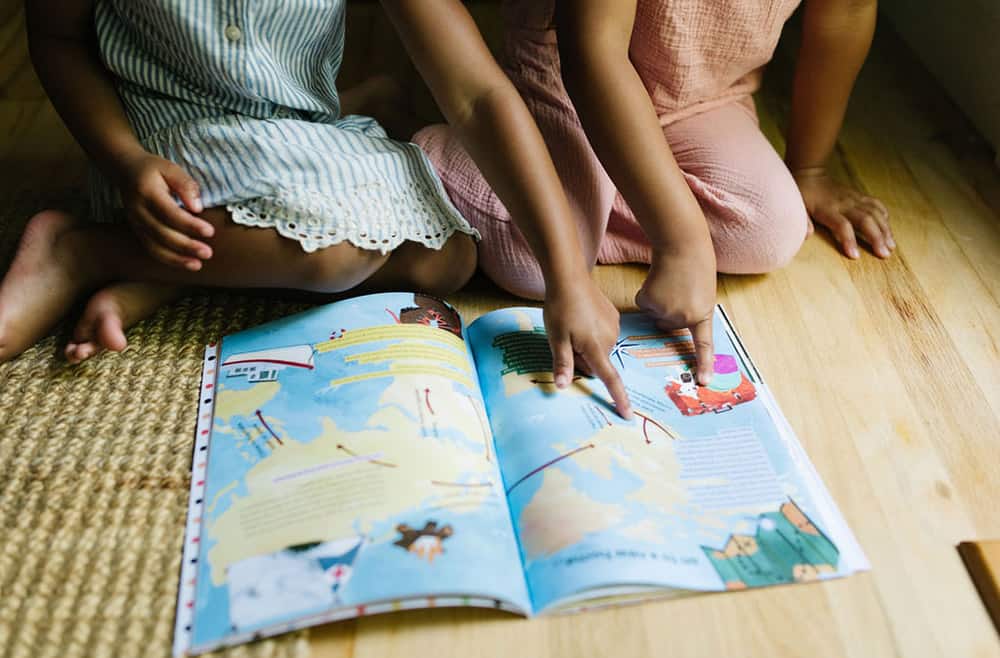
Are you a mother with something to say? Send us an email to be considered for our “Mom Talk” column.
Share this story

